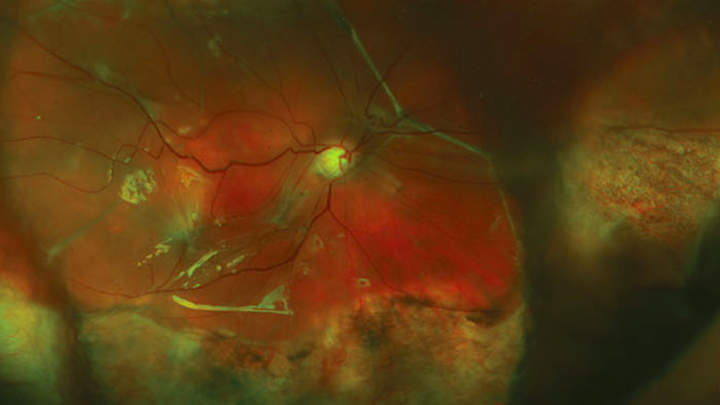 |
| (c) Univ of Buffalo |
The condition is called late-stage age-related macular degeneration (AMD). AMD is an irreversible condition that affects a person’s central vision, taking away their ability to drive, among other common daily activities.
Retina Global is a US based 501(c)(3) nonprofit that is focused on finding sustainable solutions to the ever-increasing issues with retinal diseases in underserved areas around the world.
 |
| (c) Univ of Buffalo |
 |
| (c) Medlineplus.gov |
 |
| (c) Duke University |
 |
| (c) The Atlantic |